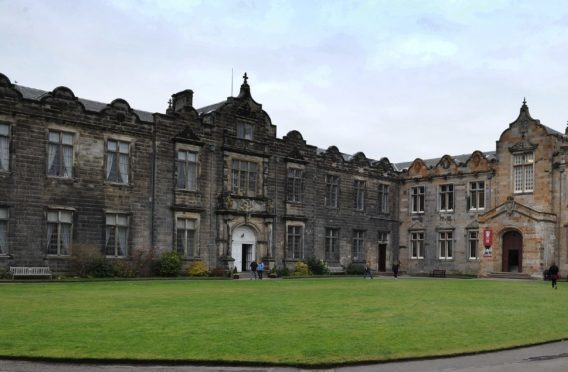Antibiotic-resistant MRSA was around long before the bug fighting methicillin was even discovered, according to researchers at the University of St Andrews.
A new study, in collaboration with the Wellcome Trust Sanger Institute and the University of Dundee, suggests the widespread use of earlier antibiotics such as penicillin allowed methicillin-resistant MRSA to emerge.
The findings, published in the open access journal Genome Biology, said that the gene which gives the bug resistance to methicillin was there 14 years before the antibiotic was first used.
St Andrews’ molecular microbiologist Professor Matthew Holden said the work provided important lessons for future efforts to combat antibiotic resistance.
It shows that new drugs introduced to circumvent known resistance can be rendered ineffective by unrecognized, pre-existing adaptations in the bacterial population.
Dr Catriona Harkins, clinical lecturer in dermatology at the University of Dundee, added: “Within a year of methicillin being first introduced to circumvent penicillin resistance, strains of S. aureus were found that were already resistant to methicillin.
“In the years that followed resistance spread rapidly in and outside of the UK.
“Five decades on from the appearance of the first MRSA, multiple MRSA lineages have emerged which have acquired different variants of the resistance gene.”
Professor Holden said MRSA had proven to be particularly adept at developing resistance in the face of new antibiotic challenges, rendering many antibiotics ineffective.
“This remains one of the many challenges in tackling the growing problem of antimicrobial resistance.”





